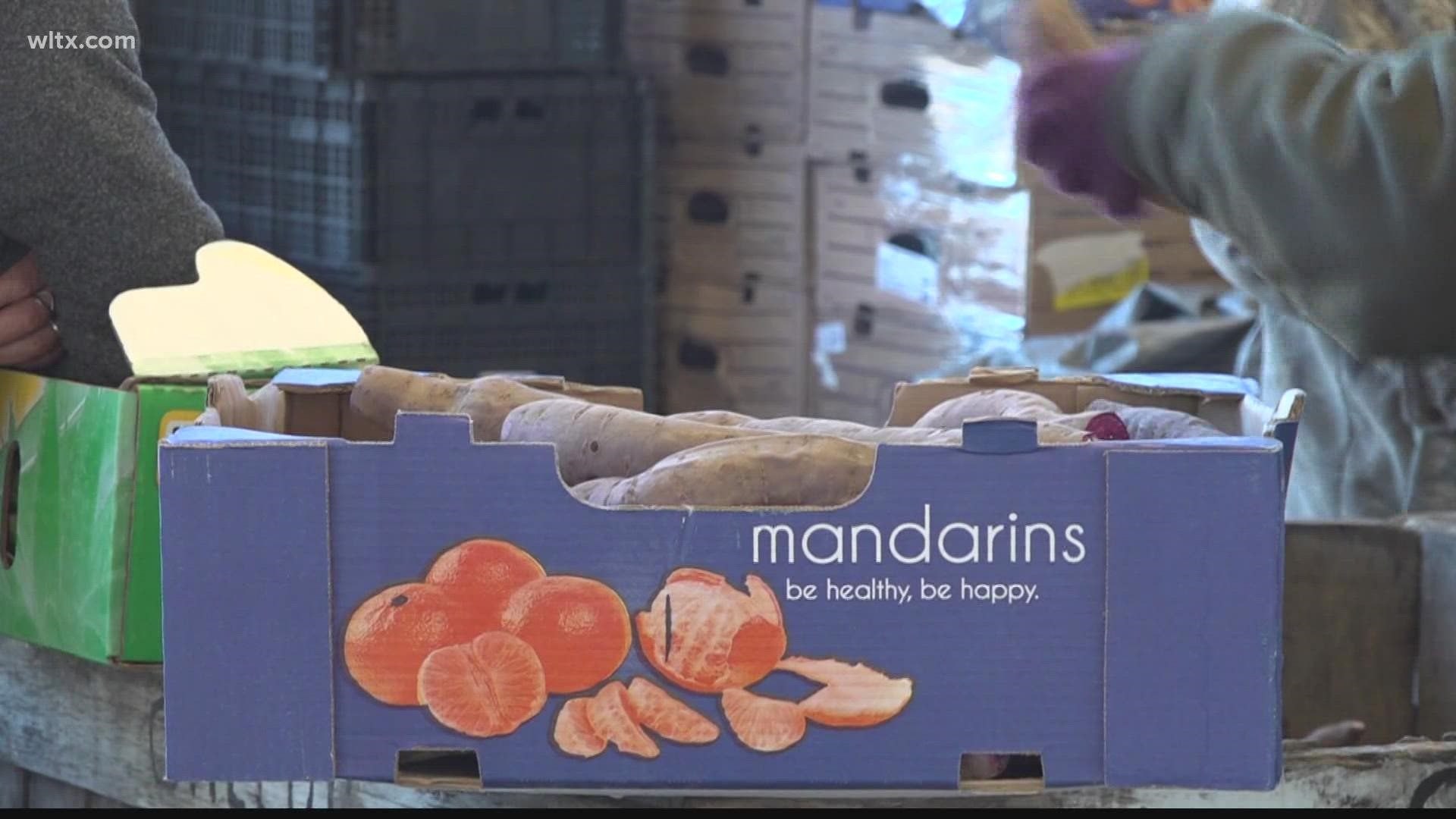COLUMBIA, S.C. — Labor trafficking in South Carolina is being brought to light after federal prosecutors say two Batesburg-Leesville residents were trafficking seasonal agriculture workers, forcing them to work long hours and failing to pay them due wages.
Enrique Balcazar, 37, and Elizabeth Balcazar, 19, are charged with conspiracy to commit labor trafficking, fraud in foreign labor contracting, and confiscation of passports and immigration documents in connection with labor trafficking.
According to the Justice Department, the two operated a company called Balcazar Nature Harvesting, which provided seasonal harvesting labor to South Carolina farms.
The indictment says the Balcazars forced some of the workers to work excessive hours, failed to pay them their due wages, and threatened deportation for those who didn't work hard enough or produce enough.
Assistant U.S. Attorney of the District of South Carolina Elliot Daniels says criminal forced labor cases are rare, making this case unique.
“Any time our office can take part in bringing accountability for that type of conduct, we're proud to do that," said Daniels.
Prosecutors say there are multiple victims, but didn't specify how many. If convicted, the two face a maximum penalty of 20 years in prison and a fine of $250,000 each.
Daniels says he hopes cases like this will encourage other witnesses and victims to come forward, so they can hold those exploiting workers accountable.
"It's critical for us that the public knows what to look for and is not afraid to say something.”
Labor trafficking can show in many forms. It mainly consists of forced labor, threats of force, coercion, housing workers in poor living conditions, and lying about the legal or criminal processes.
“The most vulnerable are often the most exploited," said Daniels.
Those most vulnerable include non-English speaking immigrants, women and children, and workers in low-wage industries such as agriculture.
Kristen Krumpf with the American Friends Service Committee educates migrant workers on their rights in the work place.
"I think that's a critical thing for everyone to know is that all migrants have rights. All people, all human beings have rights, even if you're not a citizen of the United States,” said Krumpf.
Krumpf said she hopes to spread awareness about labor trafficking in order to stop it.
“So I think that that's what we really need to get the word across is that we have so many people, you know, they estimate up to 1.5 million people are victims of some form of migrant worker abuse or labor trafficking.”
If you or someone you know is experiencing labor trafficking, call your local law enforcement or the National Human Trafficking Hotline.
South Carolina Legal Services also offers help to those experiencing abuse or exploitation.

